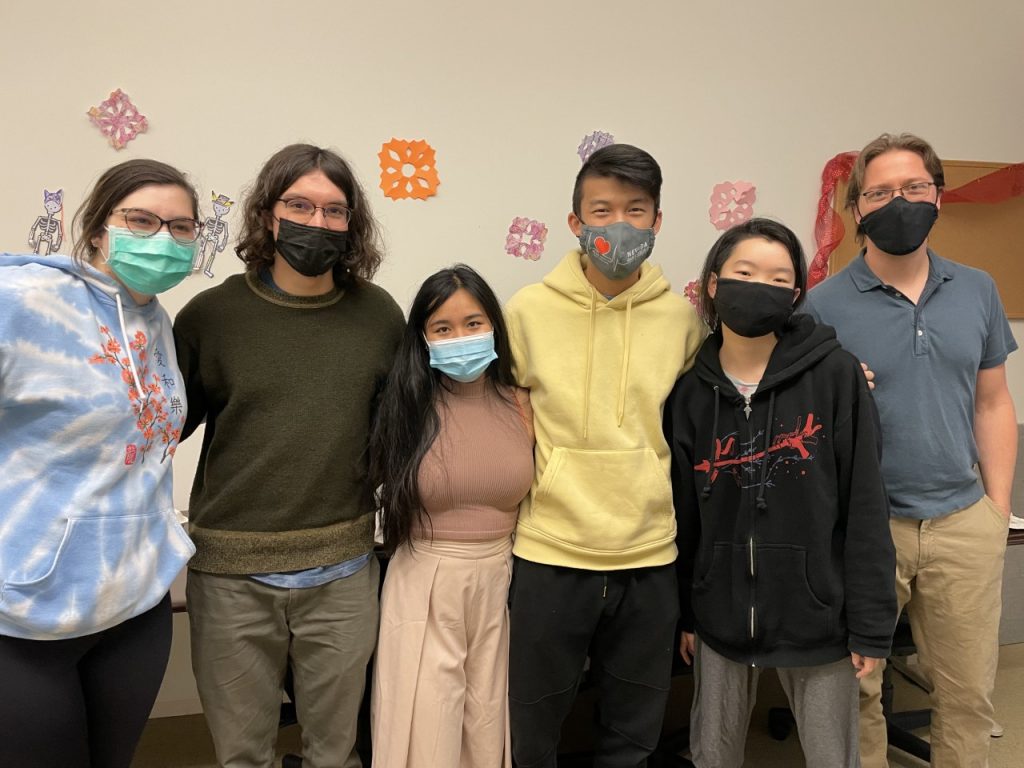
The FAIM Lab tackles a variety of problems in interactive media, including digital and non-digital games as well as apps and websites.
We borrow approaches from game studies, software verification, HCI, and AI to explore questions like:
- How can we formally model this game or app in such a way that a computer can make sense of it? How is it similar to or different from others like it, and what are its consituent parts?
- Given a model like this, what properties can we prove about the model? Is it possible to win the game within some time limit? Will all winning plays include a certain event? For an idealized player, what is the expected value of their score for a particular section of the game? Will someone who is color blind have difficulty with a particular interaction, or is a sound effect likely to be played in a repetitive and potentially annoying way?
- Could we use information like that to generate new game levels or complete games?
- How can we write a computer program that automatically learns a model like the one above—the rules and interaction structures—from observations of play or from playing by itself?
- If a computational system learns information about one game or app, how could we help it transfer that knowledge to other games or apps?
Each of these challenging problems is a starting point for a variety of research questions around a particular game or game genre, for example, and as we tackle a broader variety of interactive systems we can synthesize novel insights about the questions themselves: what their answers tell us about human perception, interaction, learning, and creativity.
Getting Involved
We have numerous opportunities for undergraduate researchers or external partners, for projects ranging from independent study work to summer or thesis-year efforts.
Some additional examples of upcoming work include:
- A gameplay diagramming tool and designer’s assistant
- GPU-based and differentiable approaches to utility systems for game character and social simulation AI
- Tagging and crowdsourcing platforms for analyzing and labeling data from game play videos or recorded performances
- Grounded reasoning research in machine learning tying textual game hints and walkthroughs to computer vision and human playthroughs
- Hybrid systems model checking, identification, and specification recovery
- Compositional reasoning over action-adventure games (solving, for example, each room of a dungeon individually and then aggregating those solutions)
- Game engines which can be executed entirely on the GPU
- Solvers, model checkers, and design support tools for Bitsy and for “idle games” like Cookie Clicker.
- User studies of game design support tools
If you have a project that you feel would be appropriate for the FAIM Lab, please contact Joseph C. Osborn.